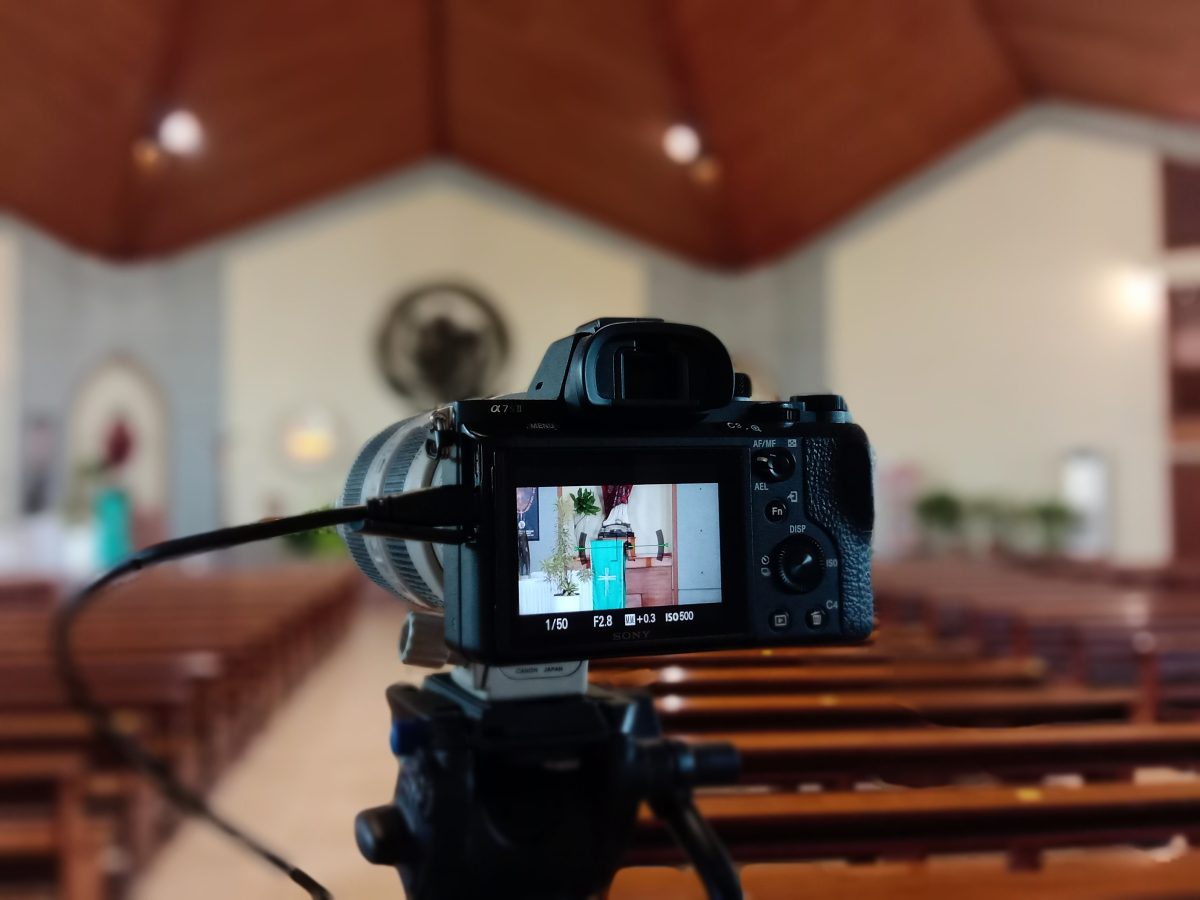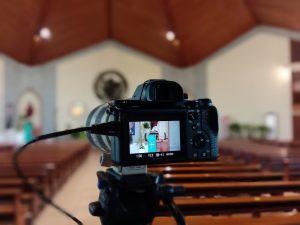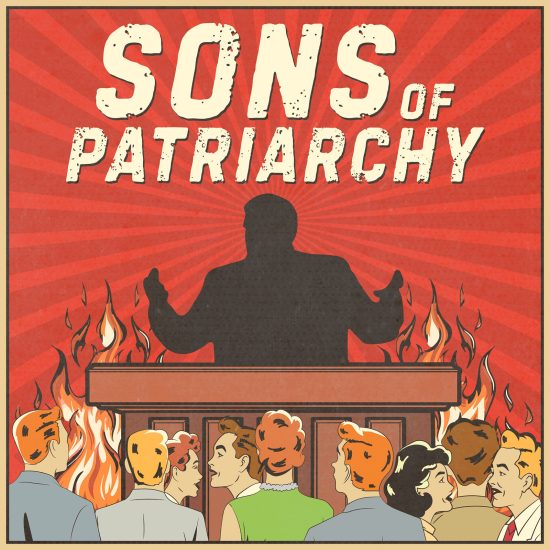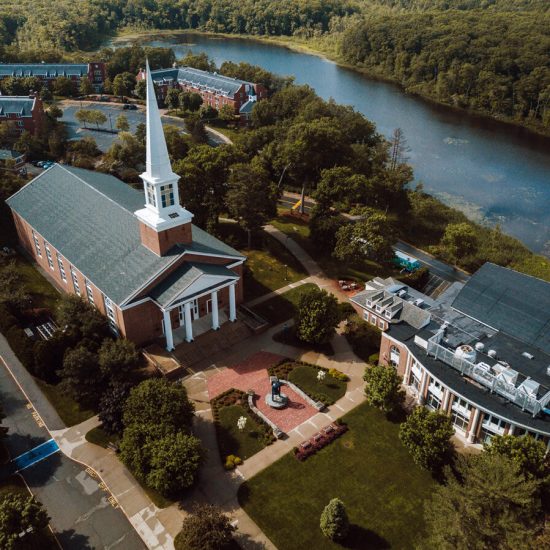
My son walked down the hallway of our empty church with me on a Friday last month. As I picked up a package left for me, he walked over to the door to the sanctuary and peered into the darkened room.
“Oh,” he sighed, “I miss going in there.”

Brian Kaylor
The longing is real, and I suspect we’re all ready for COVID to be a subject for historians. But even as we return to a “normal” in the upcoming months as vaccinations roll out, I hope we do so while building on the lessons we’ve learned during this time of social distancing and virtual life.
Over the past several months, I’ve heard several pastors joke about how because of coronavirus they’ve all become televangelists. Fortunately, I’ve not noticed any of my pastor friends suddenly wearing gaudy suits or asking people to send in some “seed money” for a new jet, but there is still some truth about this new reality of preaching to a camera.
It truly is an odd experience, which I only experienced a couple times during the pandemic. I found it particularly unusual standing behind a pulpit and preaching to a camera while just a couple other people sat in a large sanctuary. I prefer to see people when I preach! But this is the work of God’s ministers in this time.
While some churches streamed services online before the pandemic, many more do now. And many pastors have only preached online for months. For those who’ve done that week after week, thank you! You helped save lives while also helping people keep connected to their church and God.
Over the last several months I also noticed more churches set up online giving platforms, watched pastors find creative new ways to minister to congregants without gathering inside the walls of a church building, and saw sermons and Bible studies that took advantage of meaningfully using spaces other than a sanctuary.
 May we keep trying these creative new ways of reaching people and sharing the Good News!
May we keep trying these creative new ways of reaching people and sharing the Good News!
This is, after all, the story of our faith. The invention of the printing press powered the Protestant Reformation as it helped put the Bible in the hands of everyday people. No longer chained to pulpits for just the trained clergy to read, the spread of the Bible literally changed the ways we worshiped and some of our beliefs.
More recently, the invention of radio and then television created new opportunities to reach people who wouldn’t dare walk into a church building. In fact, the first radio sermon in the U.S. occurred 100 years ago this month!
On Jan. 2, 1921, KDKA in Pittsburg, Pennsylvania, broadcast the evening service from Calvary Episcopal Church — just a couple months after the first public radio news broadcasts even started. The radio station hoped to test its technological capacities for remote broadcasting and one of the engineers sang in the choir at Calvary. But the senior pastor didn’t preach that night as he remained leery of the new technology. So, the first radio sermon came from an associate pastor, Lewis B. Whittemore.
The technicians — a Catholic and a Jew — wore choir robes to cut down on distracting the congregation during the service. Apparently successful, the station soon broadcast Calvary’s services weekly for the next four decades — and the senior pastor even accepted it while
that young pioneering pastor Whittemore eventually became an Episcopal bishop.
One hundred years from now, what ministry transformations will people remember? Just as Billy Graham used the power of television to preach to more people than any previous evangelist in human history, what technological advancements from this time will we eventually see used for God’s glory? How will our worship services or even our theological beliefs change like they did in the Reformation?
I don’t know the answers, though I have some guesses from the last few months. Thus, while I know we long to gather together like we used to, I also hope we’ll keep reforming among new societal realities and keep adapting to new communication technologies.
If we don’t, we’ll find our churches left behind by a world changing from a pandemic, technological advancements, and new ethical challenges.
Brian Kaylor is editor & president of Word&Way






